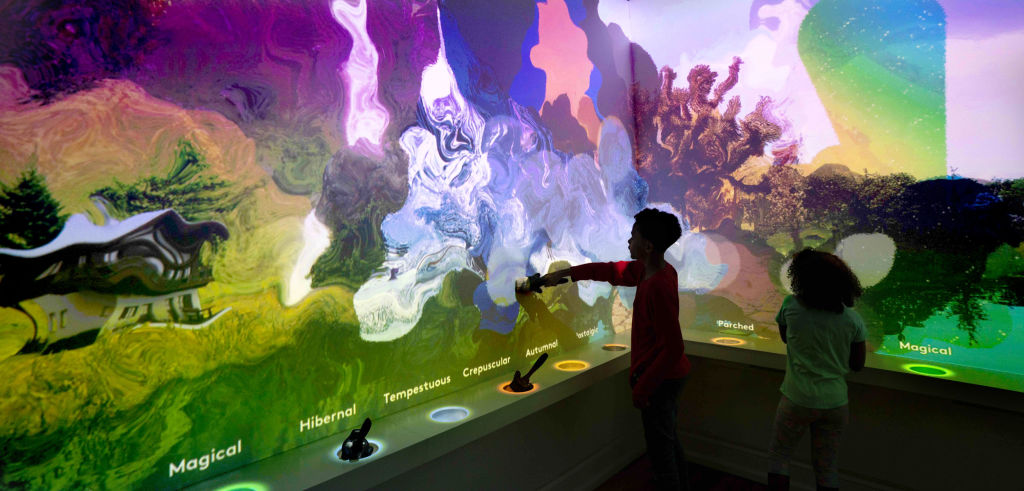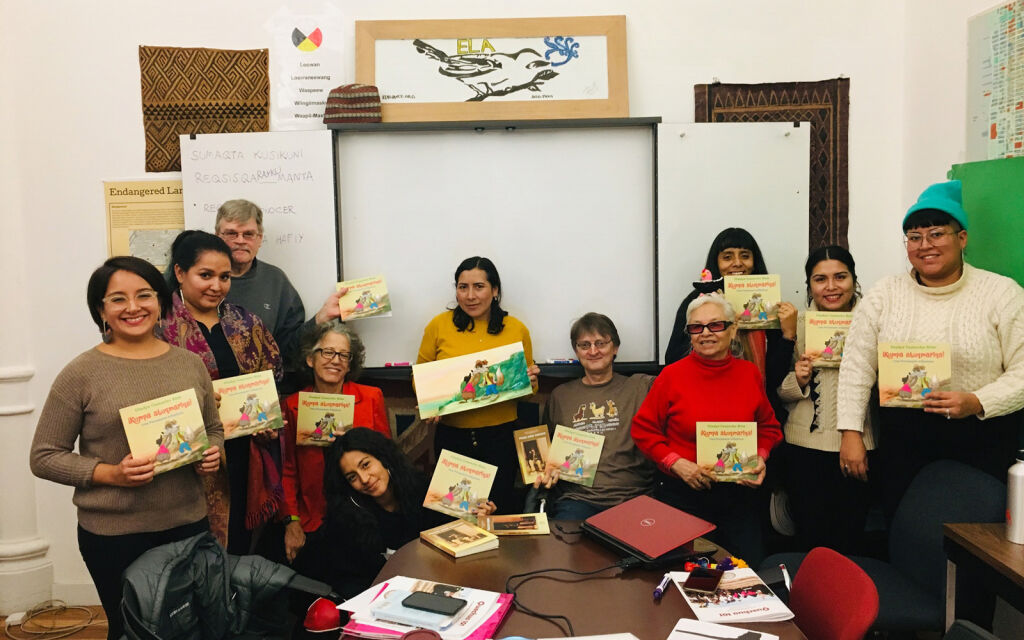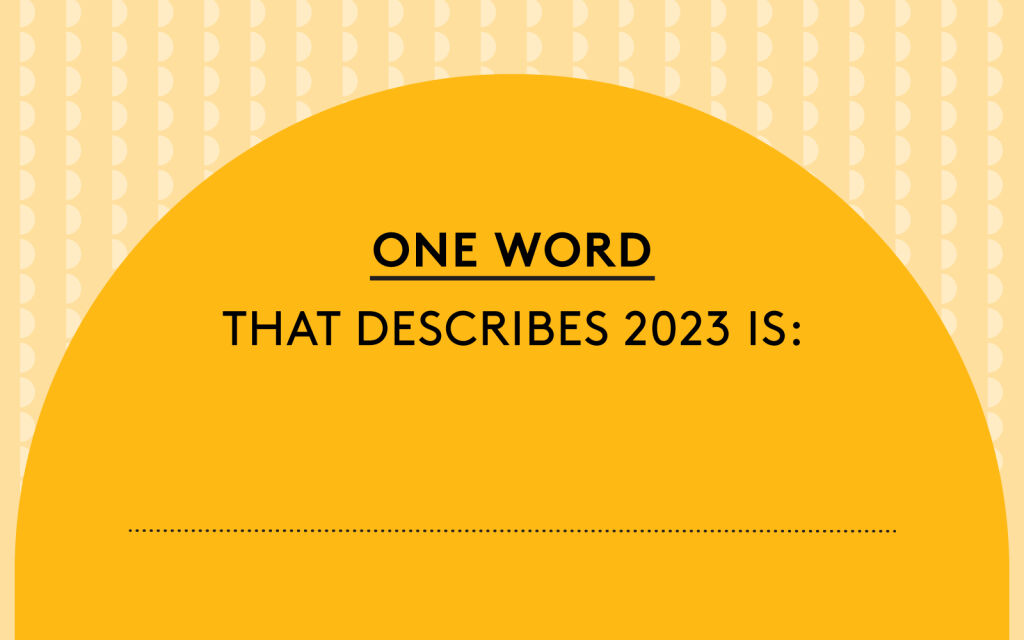Celebrating Alice in Wonderland with Neologisms and Whimsy
“O frabjous day! Callooh! Callay!” There’s more than one reason to celebrate today! While everyone is getting ready to watch fireworks for Independence Day, we’re also celebrating one of our favorite childhood classics: Alice in Wonderland. July 4 is the anniversary of the day that Charles Lutwidge Dodgson (better known by his pseudonym Lewis Carroll) supposedly first told the story of Alice’s Adventures in Wonderland to Alice Liddell in 1862.
Carroll’s whimsical stories in Wonderland invite us into a world full of unexpected turns and inventive turns of phrase, where everything is what it is and nothing is what it seems, so what better way is there to celebrate than with neologisms, or new words, coined by the author himself!
1. Jabberwocky
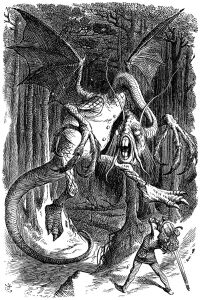
John Tenniel’s illustration of the fearsome Jabberwock from the 1872 edition
Perhaps one of Lewis Carroll’s most inventive texts is his iconic nonsense poem “Jabberwocky,” which is included in his 1872 novel Through the Looking Glass and What Alice Found There. The poem tells of a fearsome creature called the Jabberwock and is largely composed of nonce words, or words “coined and used apparently to suit one particular occasion.”
’Twas brillig, and the slithy toves
Did gyre and gimble in the wabe:
All mimsy were the borogoves,
And the mome raths outgrabe.“Beware the Jabberwock, my son!
The jaws that bite, the claws that catch!
Beware the Jubjub bird, and shun
The frumious Bandersnatch!”— Lewis Carroll, “Jabberwocky”
(Read the full poem at poetryfoundation.org)
Where does “Jabberwocky” come from? According to Carroll: “The Anglo-Saxon word ‘wocer’ or ‘wocor’ signifies ‘offspring’ or ‘fruit’. Taking ‘jabber’ in its ordinary acceptation of ‘excited and voluble discussion’, this would give the meaning of ‘the result of much excited and voluble discussion’.”
In the years following the poem’s publication, the word “jabberwocky” became so synonymous with nonsense that by 1908 it was being used as a generic term meaning “meaningless speech or writing.”
2. Portmanteau
(Or, to be more accurate, “portmanteau word.”)
The word “portmanteau” originally referred to a type of large suitcase or “traveling bag” composed of two parts, and its use in this sense dates back to the 16th century. Before then, it referred to a court official who carried a prince’s mantle so it wouldn’t drag (from Middle French “portmanteau” (porter “to carry” + manteau “cloak”)).
Lewis Carroll created the term “portmanteau word” to describe many of the words he had made up for “Jabberwocky” — Humpty Dumpty explains to Alice that they are “two meanings packed up into one word.” In linguistics, these words are also known by their technical term “blend,” and some examples are “smog,” “brunch,” “hangry,” and “bromance.”
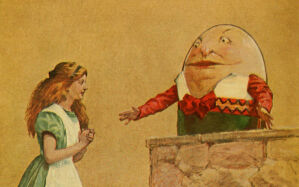
“Well, ‘slithy’ means ‘lithe and slimy.’ ‘Lithe’ is the same as ‘active.’ You see it’s like a portmanteau — there are two meanings packed up into one word.”
3. Galumph
He left it dead, and with its headHe went galumphing back.— Lewis Carroll, “Jabberwocky”
When you think of the word “galumph,” you might picture elephants with their heavy steps or other animals that move or run about in a rather ungainly fashion, not someone prancing around with pride. And yet, as the hero of the poem “Jabberwocky” returns home with his prize, Carroll describes him using “galumphing” as a blend of “galloping” and “triumph.” Following Carroll’s coining of the word, it found some popularity among other 19th century authors, and it has since shifted in meaning to what we know today.
4. Chortle
“O frabjous day! Callooh! Callay!”He chortled in his joy.— Lewis Carroll, “Jabberwocky”
Lewis Carroll first used the word “chortle” in the poem “Jabberwocky,” likely as a portmanteau of “chuckle” and “snort,” to describe the joyous manner in which the father of the poem’s protagonist celebrates his triumphant return. Like with “galumph,” its meaning has shifted over the years. As a result, today you’re more likely to hear the word in humorous contexts, meaning “to laugh or chuckle especially when amused or pleased.”
5. Frabjous
Likely a portmanteau of “fabulous” and “joyous,” “frabjous” is a wonderful word combining the best meanings of both. Unlike the majority of the other words on this list, “frabjous” never made it into the mainstream. However, its mystique and the popularity of Alice in Wonderland has ensured its survival over the past century. According to Merriam-Webster, “frabjous” is in the top 18% of most looked-up words in the dictionary!
What are your favorite portmanteaus? What new words can you come up with? Let us know on social media by tagging us at @PlanetWordDC.
Learn more about where we get new words, like portmanteaus and other neologisms, in our Where Do Words Come From? gallery on our third floor.
Want more Alice? Watch Alice’s Adventures in Wonderland come to life in the magical Schwarzman Family Library on our second floor.
Alice’s Adventures in Wonderland is also available to purchase at our Bookshop.org storefront. Planet Word is an affiliate of Bookshop.org and will earn a commission if you click through and make a purchase.

